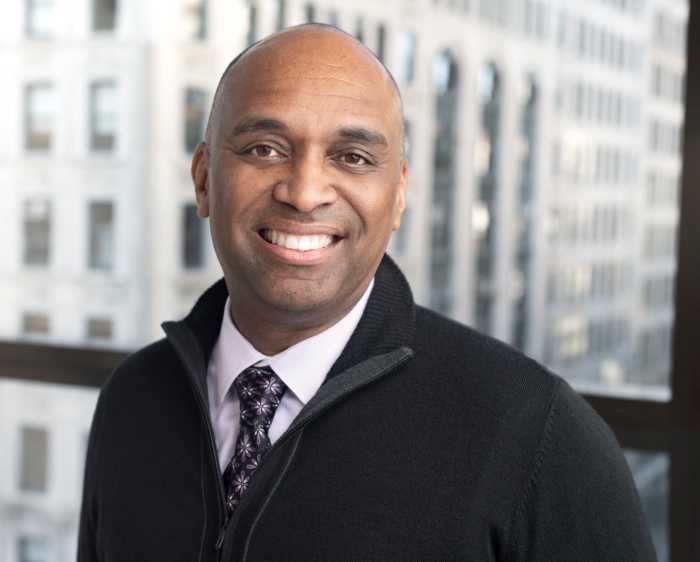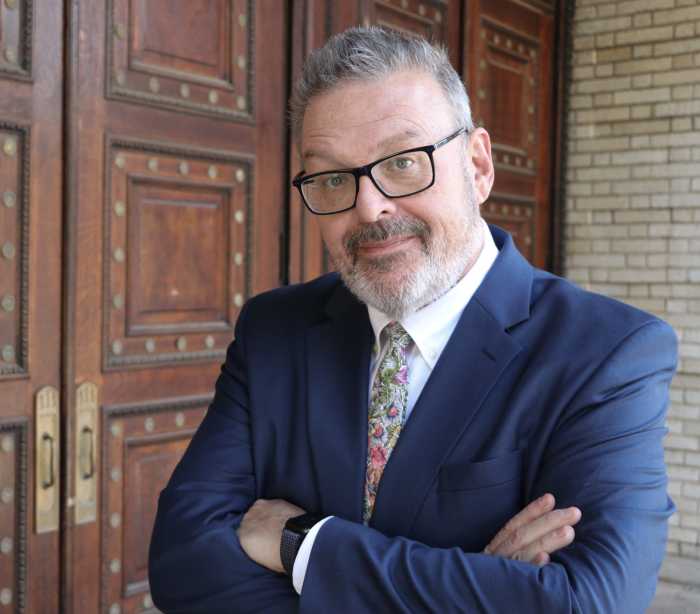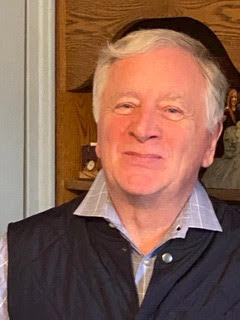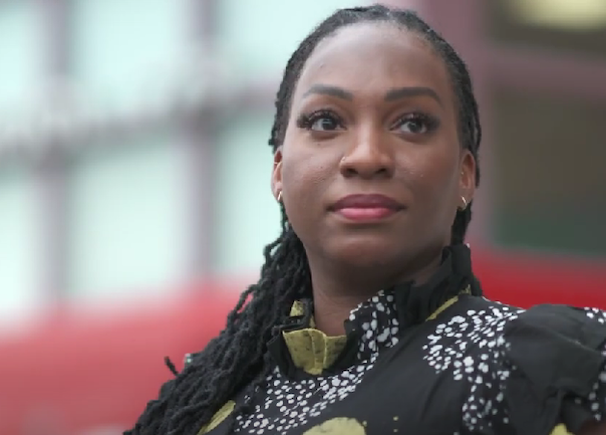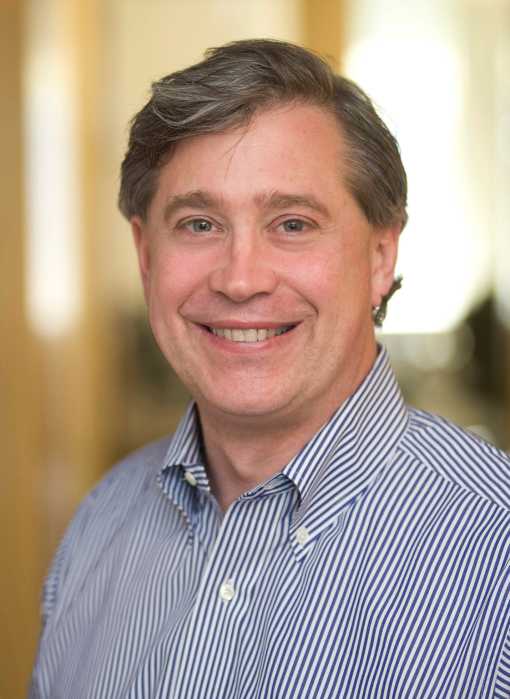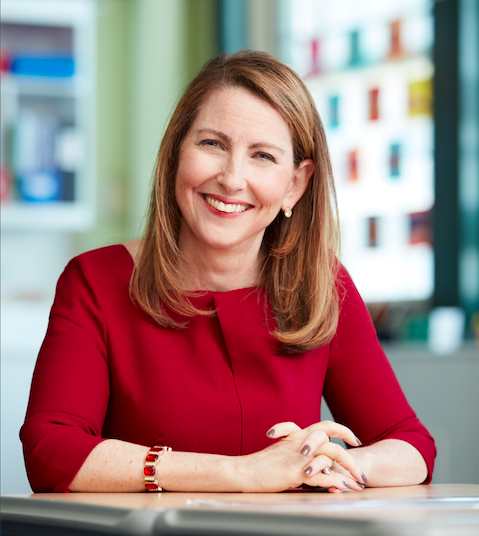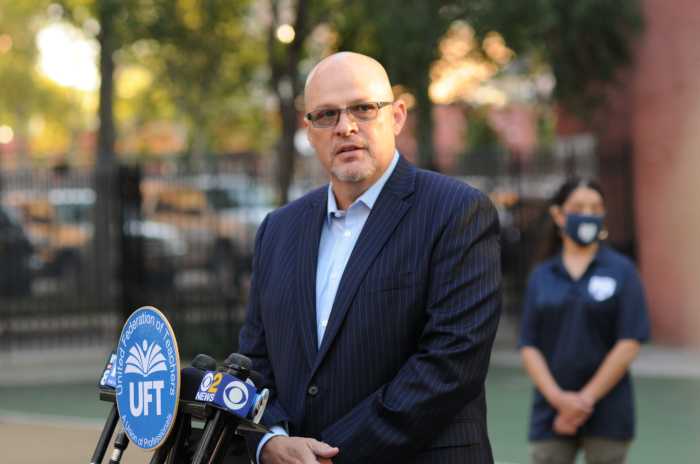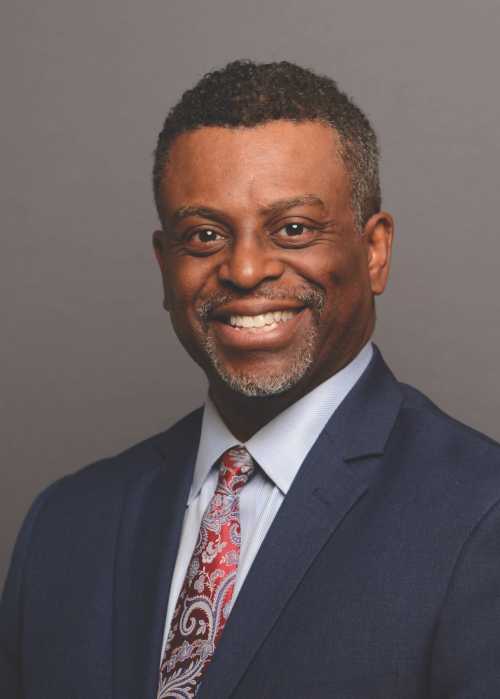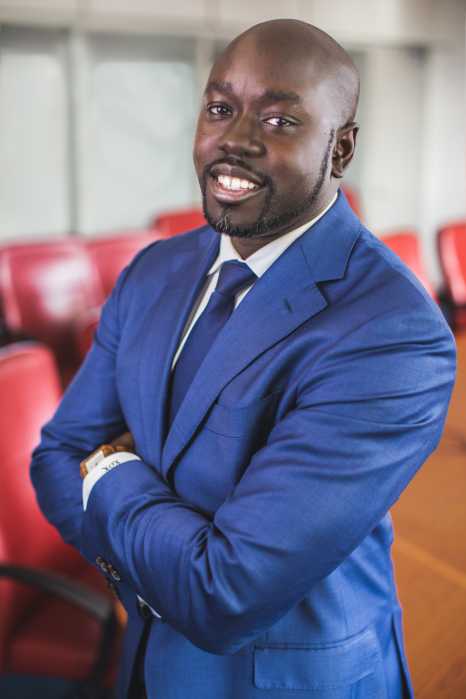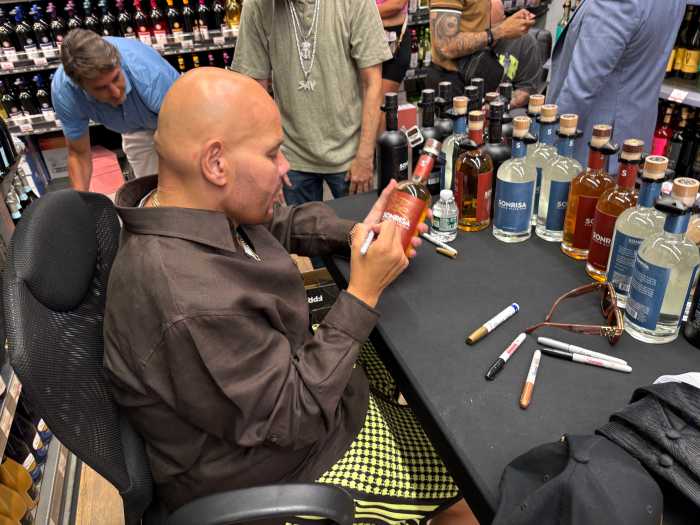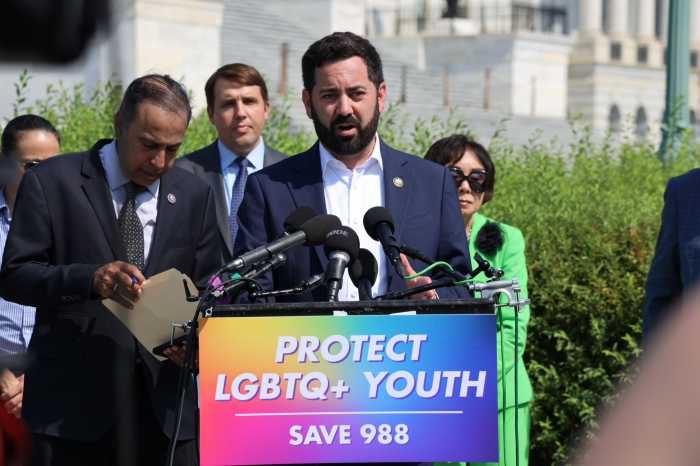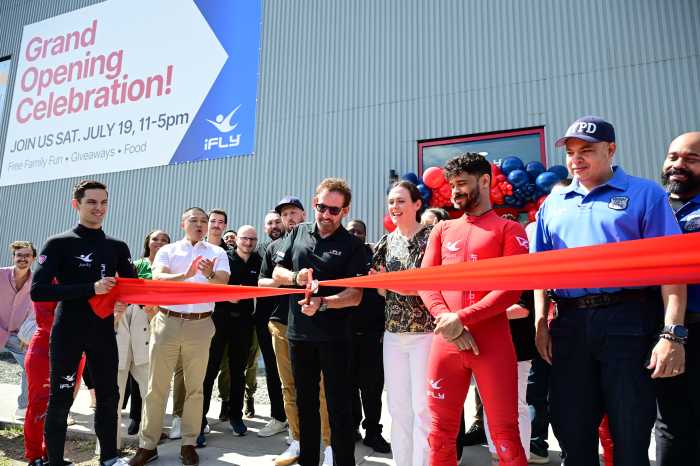Dwight A. McBride is president of The New School. An award-winning author and editor, he co-edits the James Baldwin Review and The New Black Studies Series at the University of Illinois Press. McBride is co-founding director of the Academic Leadership Institute and serves on the boards of the Institute for International Education and the Dan David Prize, and is a member of LGBTQ Presidents in Higher Education. He holds an A.B. from Princeton University and an M.A. and Ph.D. from the University of California, Los Angeles.
What can New York policymakers do to ensure equitable access to quality education?
I encourage policymakers to take a holistic approach to ensure equitable access and consider the whole person, including financial, mental and physical health, educational and cultural needs. Students exist within the context of their families and communities, which therefore must be healthy, safe, empowered, and resourced to support their educational journey. Policymakers may also protect curriculum and pedagogy that are representative and inclusive in all environments. Finally, as the cost of affordable housing becomes more of a barrier for university students, I urge policymakers to remember that NYC is a college town and students are one of its greatest assets.
What conditions or resources are conducive to a safe and effective learning environment?
Fundamentally, we need to ensure that our educational institutions and learning environments are places where all individuals are welcome, valued, and supported on their educational pathways. Part of creating those conditions involves organizing and promoting programming and training to foster equity, inclusion, and social justice. It also includes elevating scholarship and research to develop pathways and policies that break down hierarchy and help move society towards greater equity, inclusion, and civic participation.
Describe a learning experience from your own education that stands out.
One of the most powerful moments in my journey was working with the late Toni Morrison as her research assistant while an undergraduate at Princeton. Early in our time together she told me that I was a talented and strong student, but that I needed to learn to take the life of the mind seriously. At the time that seemed mysterious, but when Toni Morrison says that to you, you set about figuring out what it means. It was an example to me of how transformative encouragement from a mentor can be. To this day I take mentoring seriously.


